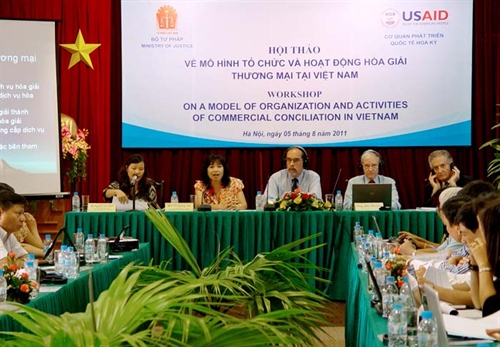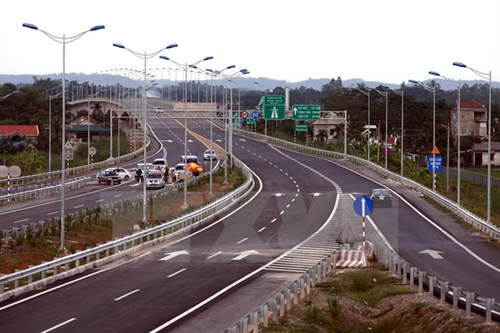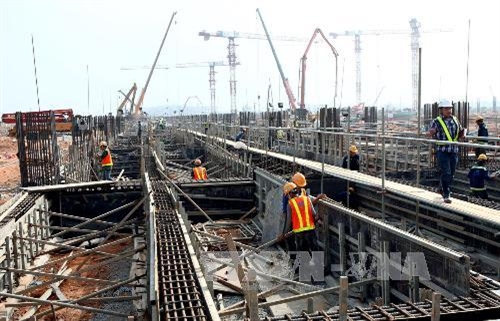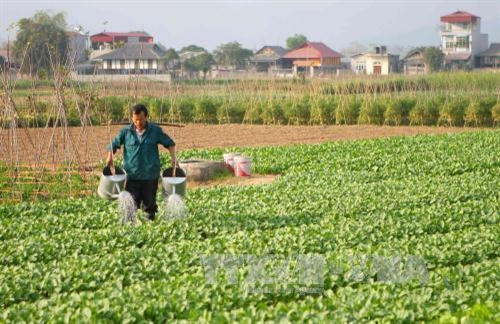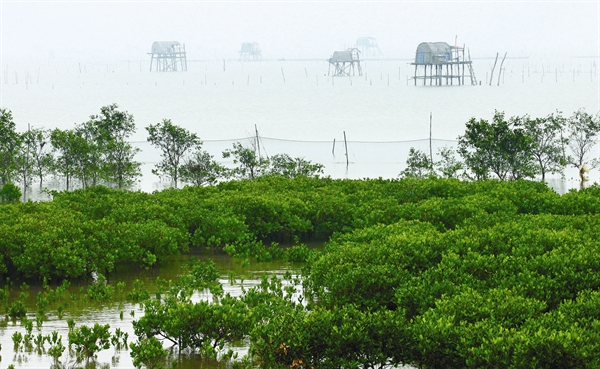The Ministry of Justice is working on a draft law on access to information which is expected to help lay the legal ground for the exercise of one of fundamental rights of citizens enshrined in the Constitution.
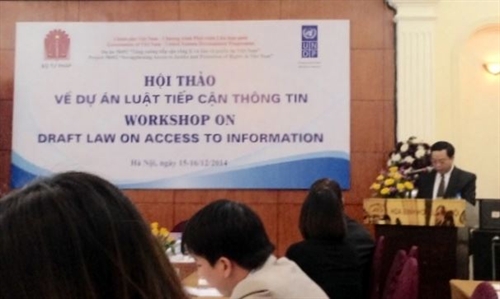 |
| A workshop on the draft law on access to information__Photo: Internet |
Information is defined in the 33-article draft as news, dossiers and documents in the forms of manuscript, printed or electronic document, painting, photo, drawing, tape, disc, video capture card or sound card, which is created and kept by state agencies in the course of performing their functions and duties.
The draft underlines that all citizens would have, and be equal in the exercise of, the right of access to information. Restriction of access to information would be accepted only when it is prescribed by a law or for the reason of guaranteeing national defense, public security, social order and safety, social ethics or community health. On the other hand, the exercise of the right of access to information must not infringe upon the national interests as well as lawful rights and interests of others.
Persons without civil act capacity or having lost their civil act capacity might exercise their right via their at-law representatives. Meanwhile, those who are held in custody or detained, serving imprisonment sentences or sent to reformatories or detoxification centers would be restricted from access to information under court judgments or decisions.
All state agencies, including legislative, executive and judicial agencies, would have to disclose and publicize information which must be disclosed and publicized as prescribed by law and information relating to administrative procedures and processes for completing administrative procedures.
Generally accessible information would be posted on e-portals or websites of state agencies, disclosed in the mass media, published in Cong Bao (Official Gazette) and posted up at head offices of state agencies. Information may also be disclosed through press conferences, press releases or the spokesperson mechanism or provided directly to citizens.
The draft goes on to specify restricted-access information, including personal, family or business secrets; information which must be kept confidential during the process of investigation, prosecution, adjudication, judgment execution, inspection, audit, complaint and denunciation settlement; and information about internal operations of state agencies. Those who are allowed to access such information would have to refrain from disclosing them.
The draft is scheduled to be effective on January 1, 2018.-
